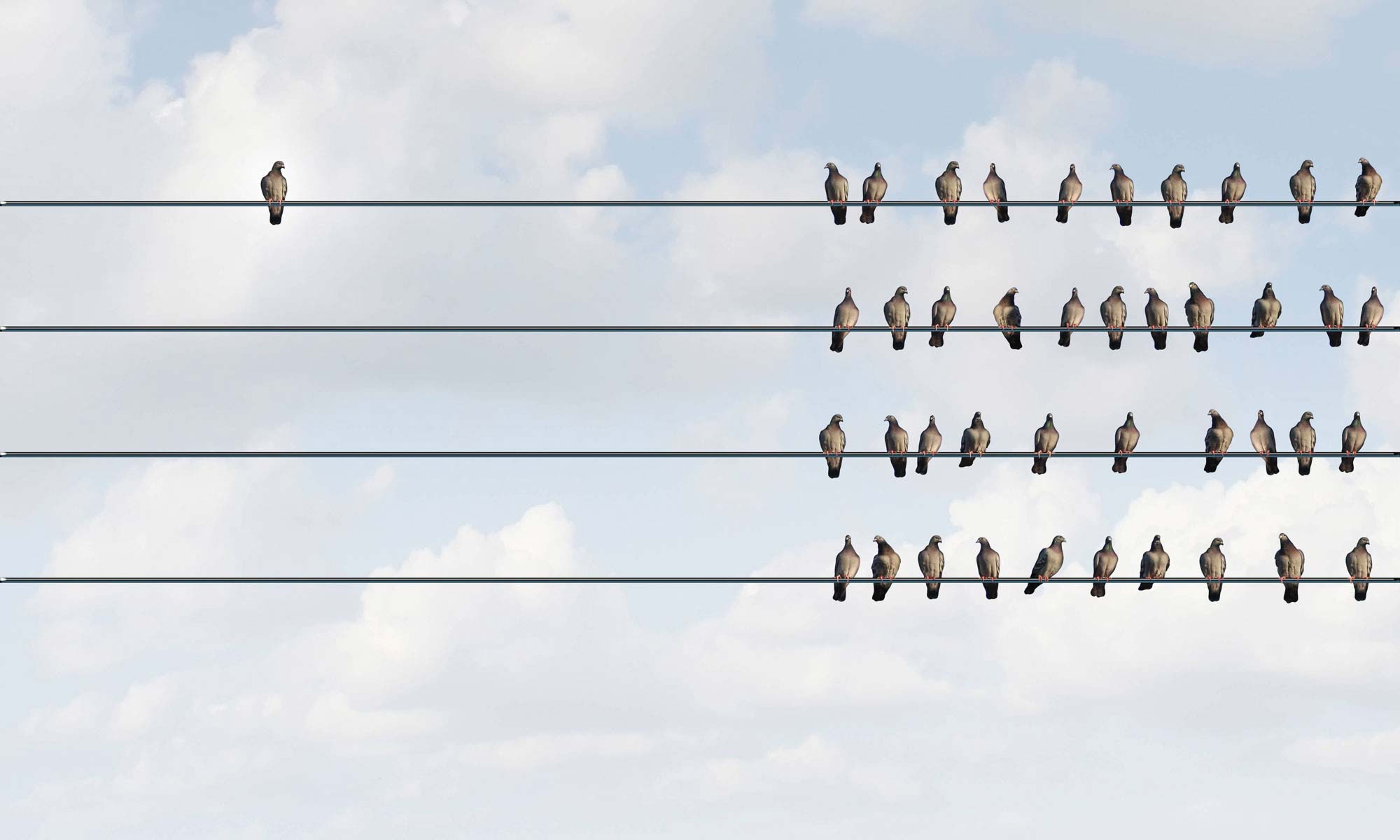If you look at the risks to your business (via a risk audit) you’ll discover potential threats lie within your workforce, your suppliers, your processes, your equipment and perhaps even your premises. Identifying those threats and planning how to handle them is a huge step forward in managing your corporate reputation.
But what about the threats that lie outside your business? What happens when companies or personalities you’re affiliated to suffer a fall from grace? Do nothing and it looks like you don’t care or worse, condone their bad behaviour. Act and you may risk further damage. So how do you protect your business and respond in the right way?
An example – Ant & Dec
Ant & Dec’s Saturday Night Takeaway is one of the most successful shows on UK television. One of the duo, Ant, has had a very public struggle with prescription drugs and alcohol, culminating in a car accident a few weeks ago, with the resulting arrest caught on camera.
Suzuki, the programme’s main sponsor, immediately pulled all adverts featuring Ant and Dec and will end its partnership at the end of the series. As a car manufacturer, it had no choice, given the circumstances of the incident. But, what do the other companies, brands and celebrities associated with the duo and the programme do? It would appear that many are waiting for the next instalment of this unfolding drama before they make their decision.
An example – Kate Moss
In 2005, Kate Moss was caught with drugs and nearly all of her contracts with beauty and fashion brands were cancelled. As the drug use was recreational, it was a straightforward decision for those companies to cut all ties.
With Ant & Dec however, they are considered the nation’s sweethearts and the media and public reaction leading up to and since the crash, has broadly been one of support and sympathy for Ant. If a brand pulls support too rashly, it may appear to lack compassion and alienate some key customers.
An example – Elon Musk
There’s a third option. Perhaps you want to make a power play. Elon Musk pulled his Tesla and SpaceX pages from Facebook to add salt to the wound of Mark Zuckerberg’s ongoing data scandal. Although having Facebook pages didn’t damage his brand, Musk seemed to be wanting to say publicly that he didn’t trust the platform.
This is where your Communications team really earn their salaries, as they’ll be able to advise you on the current sentiment towards the brand or personality in question. This will help you make the right decision for your customers and your business.
So what’s the process to protect yourself?
Step 1: Identify your exposure
In the new age of marketing where advertising stretches to partnerships, endorsements, sponsorships, memberships, affiliations and other collaborations, it’s a full time job for a business to keep track of how many associations it has with other companies, groups and personalities.
Start a project to identify your partnerships or allegiances. This includes everywhere you advertise, every organisation you’re a member of, and every event your leadership team attends, think The Presidents Club.
Step 2: Prioritise the risk potential
You’ll never be able to predict every potential risk but consider each partnership, whether there are any risks and how likely those risks are to damage your business; then prioritise the top 3. For instance, do you work with a celebrity who is becoming more political in theirs views? Are your YouTube channels sitting alongside promotional terrorist content?
Step 3: Manage those risks
Think about those high priority risks, how you would manage them and assign an owner to each.
You should have three groups:
1. Those that are already detrimental to your brand and need to be cut.
2. Those that need to be closely monitored and/or need further rules conditions applied to the contract.
3. Those that are still thriving and show no concern.
Step 4: Build a taskforce and make a plan
Establish a plan of action for any problems which may emerge. This will usually begin with a call with your chosen taskforce to run through scenarios and options and agree on the approach. Again, your Corporate Communications advisor will be instrumental at this point.
Address these areas and you can go back to enjoying the benefits that these sponsorship and affiliations bring to your brand, knowing that if something ugly does rear its head, you’ve already given some thought to how you might manage it.






